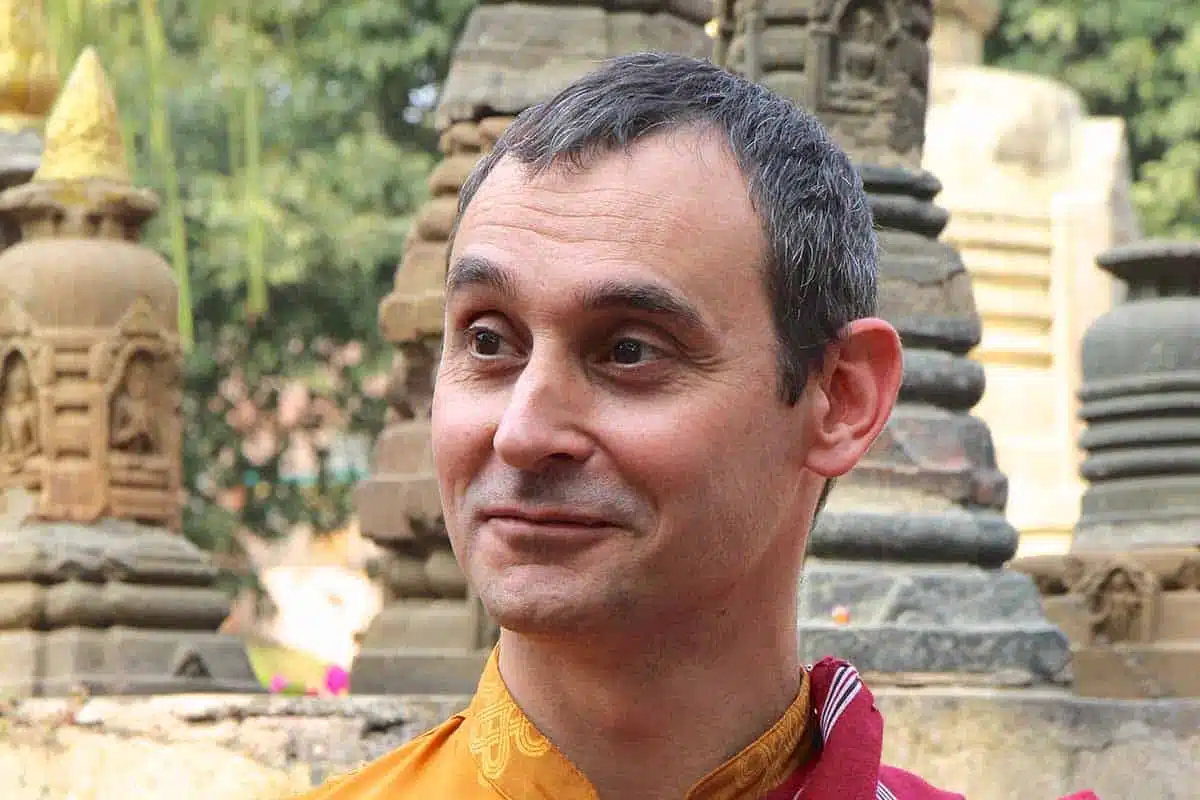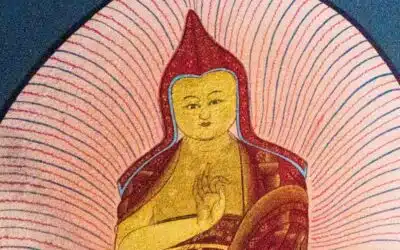Fight or Flight? Both!

Written By Mila Khyentse
Blog | The Dzogchen Journey
In this article “Fight or Flight? Both!” Mila Khyentse talks about how to practice our fundamental tendencies: as a path.
Series: Difficult conditions in Dzogchen
Fight or Flight? Both!
Most of the time, when faced with a problem or issue, our two main reactions are fight or flight. This is the famous “fight or flight response” first documented by American naturalist Walter Bradford Cannon in 1915. The principle is that when we are in a situation of aggression or faced with a major difficulty or problem, our natural response is to fight against the problem (we get into a fight) or to flee from it. Our reaction depends on how we feel about the situation: do we want to overcome it? Then we fight. Feeling of fear or powerlessness? That’s flight. Of course, there are many other emotions/reactions associated with this process, such as pride for fighting or anxiety for fleeing, but there’s no room here to go into detail.
“Dzogchen practitioners train themselves to constantly recognize the nature of everything that arises.”
For the Great Perfection tradition, as for W.B. Cannon, these responses are “normal” in the sense that they are part of our human condition. The tradition speaks of three tendencies that drive us to act/react: ignorance (of our true nature), desire, and aversion. The latter two are very similar to Cannon’s definition in that they direct our minds into this fight/flight duality. On the path of Dzogchen, the two most active tendencies when we encounter difficulties are fight and flight, aversion to failure and flight into happiness. Having trouble meditating? Can’t concentrate? I get angry, I resist, I’m stubborn: “I’ll get there!” Someone I love dies? Does this bring me back to my own death? I’ll carefully avoid thinking about it any further. Life, that is… since the path of Dzogchen is the path of life, or vice versa.
In Dzogchen, we don’t try to train ourselves not to react in this way. On the contrary, we use these natural reactions to look at them from a different angle. Are they really what they seem to be? If I could observe them without getting involved in the emotional game, would I perceive them differently?
The Great Perfection invites us to look deeper, more deeply, by embracing the movement created in the mind by the reaction. The dual reaction does not really take it into account. What if, as I deepened my vision, I discovered that when the fight rises, its movement is absolutely identical to that of flight? What if, beyond the simple reaction, I saw that fight and flight are only a surface of experience, and that their reality is rather the clarity and luminosity of my true nature? That would certainly change a lot of my experience…
Dzogchen practitioners train themselves to constantly recognize the nature of everything that arises. Difficulties arise? Good for me! I’ll be able to use this as another opportunity to observe my mind. The practice becomes very easy and I tend to let myself go? That’s great! I’ll be able to use this as another opportunity to observe my mind. Ease, difficulty, fight or flight? Everything is a valuable experience for those who really want to discover how their mind works. So: fight or flight? Both, of course!
More Posts
Being Your Own Master
Relationship with a master requires discernment. “Being your own master” offers insights into understanding devotion and avoiding pitfalls.
Phenomena
"Phenomena" is the second entry in a new category designed to improve understanding of essential Dzogchen words and concepts.
The Story of the First Masters: Manjushrimitra
We continue the Stories of the First Dzogchen Masters with Manjushrimitra, who structured the verses of Dzogchen into three series.




